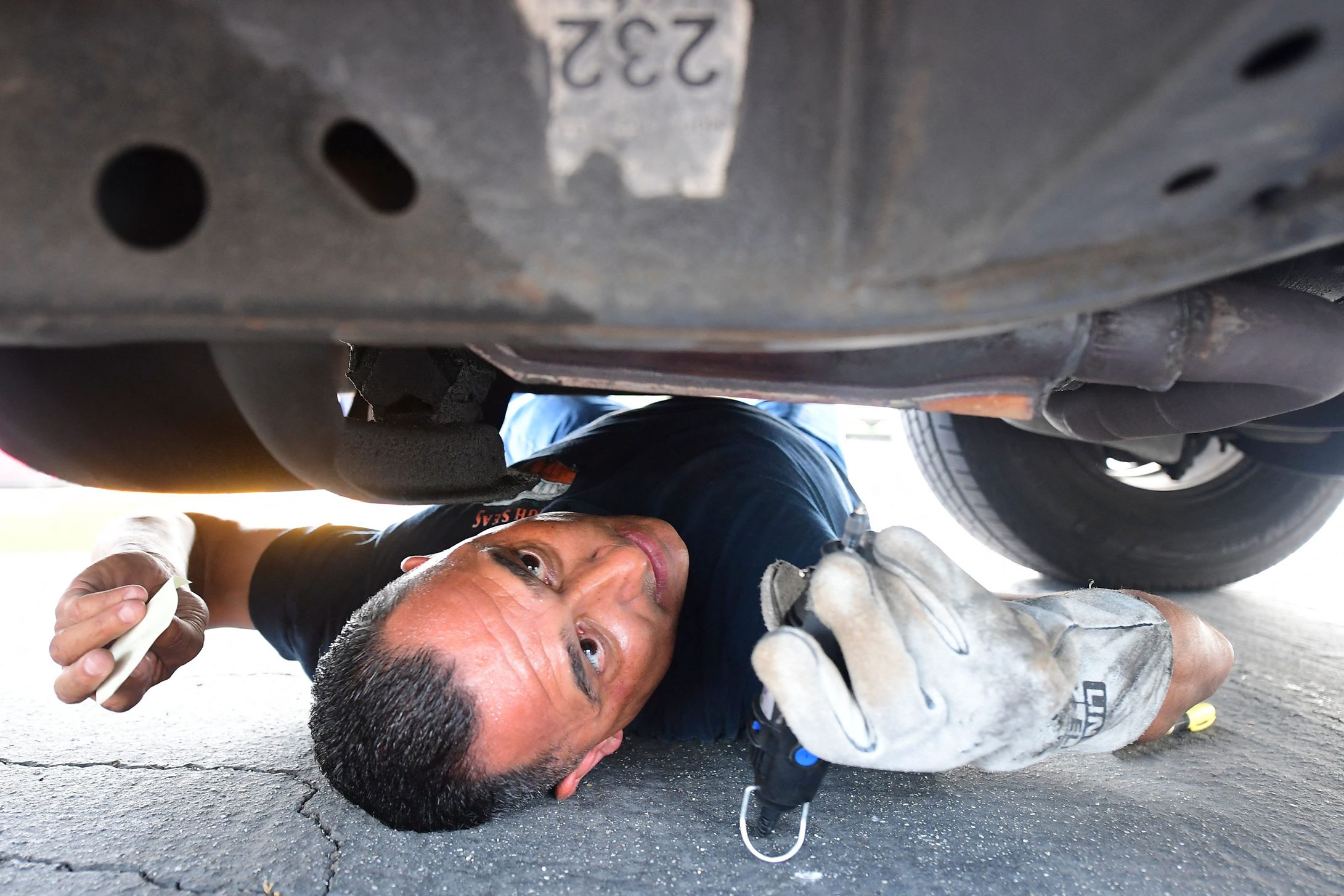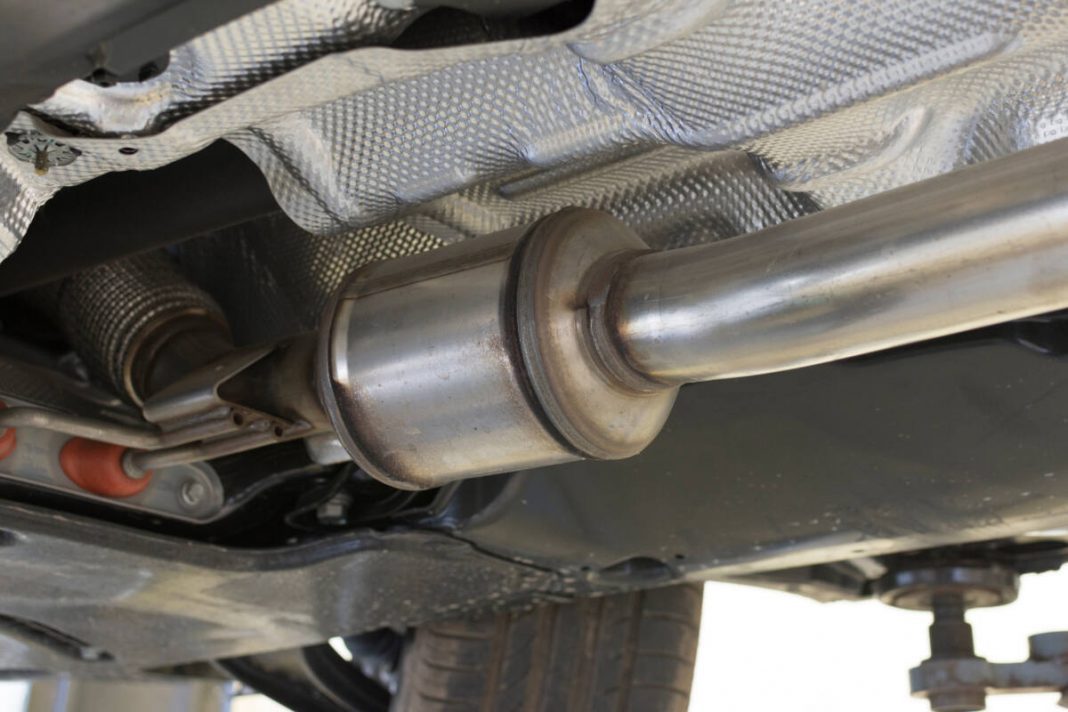In Minneapolis, MN, catalytic converter thefts have nearly doubled to around 1,000 stolen this year already. It’s nearly double the number compared to last year. Just a few miles away in St. Paul, almost 1,500 converters have been stolen from cars so far in 2021.
Reno, NV is experiencing the same type of converter theft growth, almost double the number stolen from 2020 to 2021. Some weeks in mid-2021 have had as many as 22 catalytic converter thefts reported in a week. The story is the same in many areas of the United States right now.
On Wednesday in Reno, the city council directed staff to move forward with the process of criminalizing possession of catalytic converters without proper documentation. The law would make it a misdemeanor offense for someone to possess one of these exhaust parts without a document stating the company who removed the converter, the name of the individual who had the work completed, the make, model, and VIN from the vehicle it was removed from, the part number of the component removed, and the certificate of title or registration tying the used part seller to the car.
| Related: Steps dealerships can take amid parts and staffing shortages |
Minneapolis has drafted the same type of law also. The goal is simple: make it exponentially more difficult for thieves to sell ill-gotten parts to scrapyards. For every catalytic converter they bring in, thieves collect between $50 and $800 for the scrap which contains highly sought-after precious metals like palladium, platinum, and rhodium.
“In light of the fact that a catalytic converter can be stolen in two minutes or less, it’s very hard to catch someone in the act of actually stealing a catalytic converter so what we want to do is track down the information to show lawful possession,” Reno city attorney Karl Hall said.
However, Fox 9 KMSP reports that St. Paul already has the law in place, yet the rate of theft has barely been affected.
A problem of supply and demand
The parts are typically untraceable when sellers arrive at a scrapyard to cash in on their haul. While the average person would wonder why scrap dealers would accept these stolen parts, it’s a matter of simple economics. Scrap dealers make a handsome profit on these units selling them to recyclers, even after paying out hundreds to those who brought them in.
 The new laws will likely dampen the illegal trade partially, but the ordinance will depend on one of two things: the thieves will need to be caught in possession of the stolen parts, or the scrap buyers will need to reject sellers when they arrive with the profitable parts in tow.
The new laws will likely dampen the illegal trade partially, but the ordinance will depend on one of two things: the thieves will need to be caught in possession of the stolen parts, or the scrap buyers will need to reject sellers when they arrive with the profitable parts in tow.
How it affects dealers
Catalytic converter thefts have been a plague for dealerships nationwide also. The real effect of a law like this applies to the service department, though. For legitimate catalytic converter replacements due to a failed part, the service department typically cashes in on the scrap metal too. Now when dealers in areas with this type of law is enforced try to dispose of the part, they will likely need to follow the same documentation process as an average citizen. In Reno, proposed exceptions for documentation are only for scrap metal dealers themselves.
When a catalytic converter is replaced for valid reasons and the old part is left with the service department, it would be a good plan to begin tagging the part clearly and keeping a ledger of each one. One idea would be to attach a copy of the invoice in the ledger with the customer signing off, “Approved for disposal”. And of course, these precious metal-containing parts should be kept secure, not left in the open to tempt trolling thieves to take them.
Did you enjoy this article from Jason Unrau? Read other articles on CBT News here. Please share your thoughts, comments, or questions regarding this topic by submitting a letter to the editor here, or connect with us at newsroom@cbtnews.com.
Be sure to follow us on Facebook and Twitter to stay up to date or catch-up on all of our podcasts on demand.
While you’re here, don’t forget to subscribe to our email newsletter for all the latest auto industry news from CBT News.










